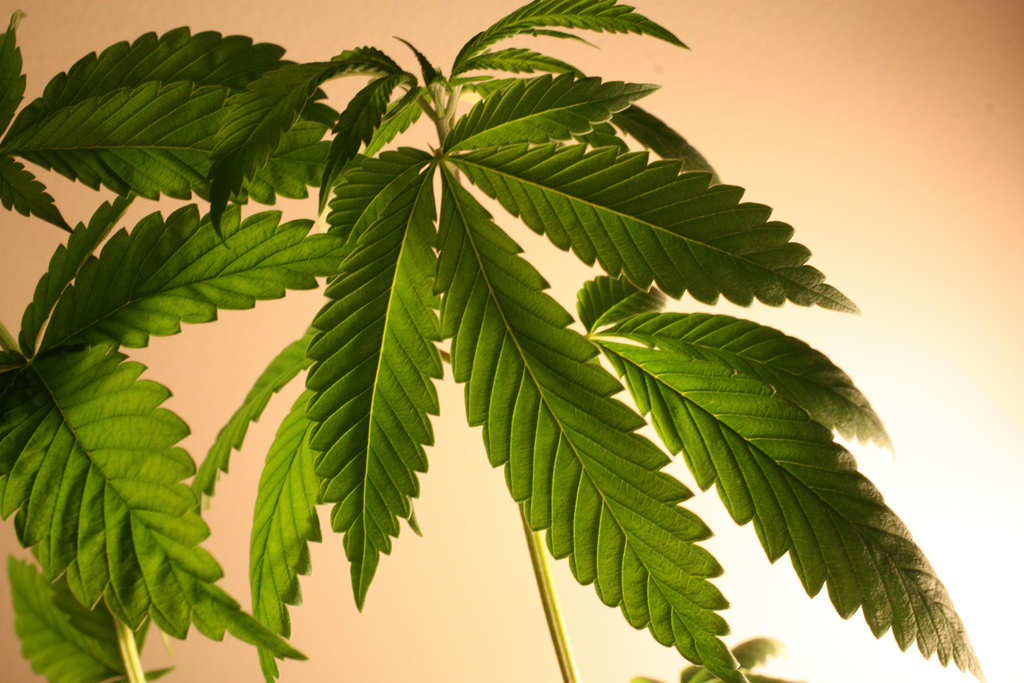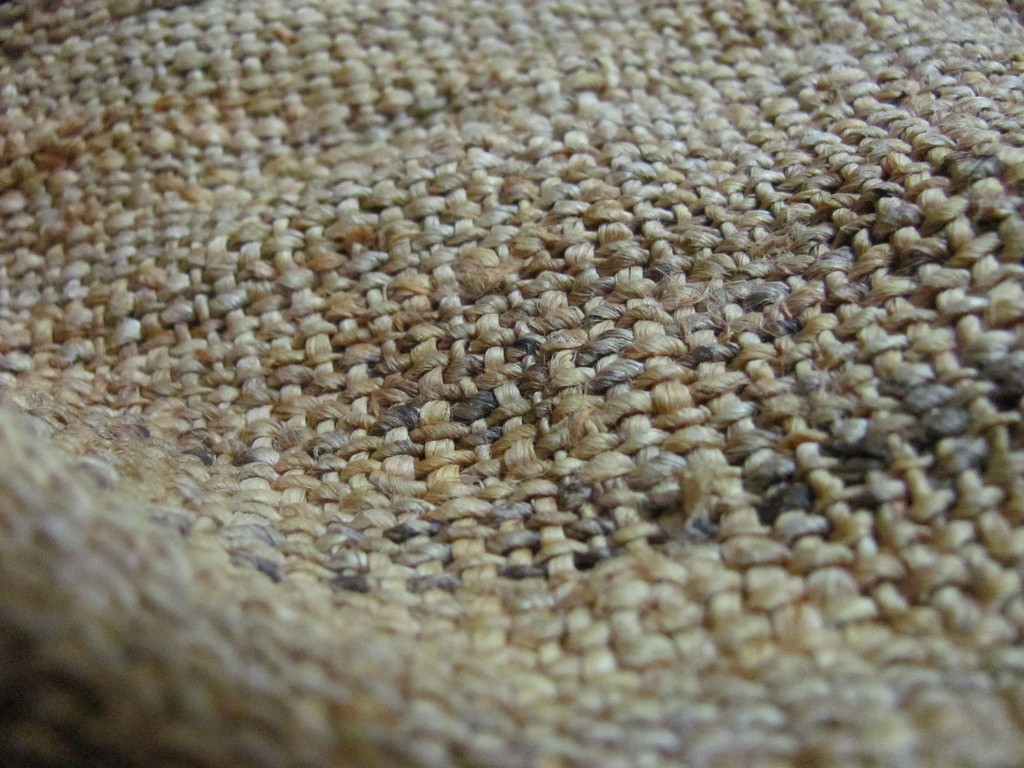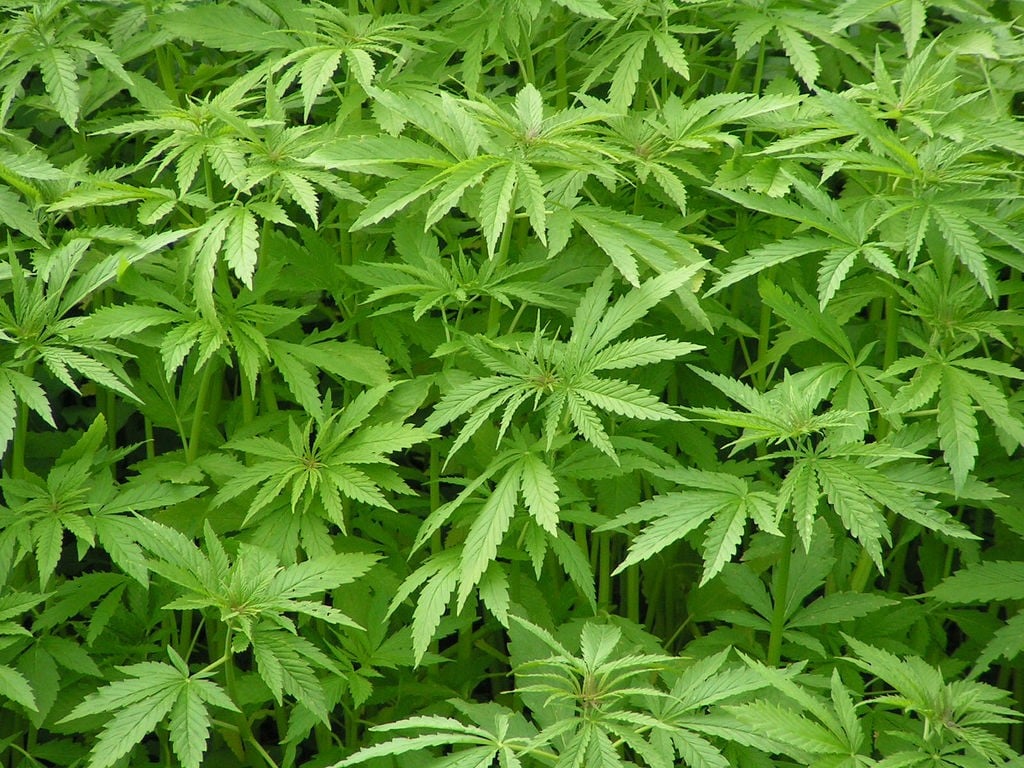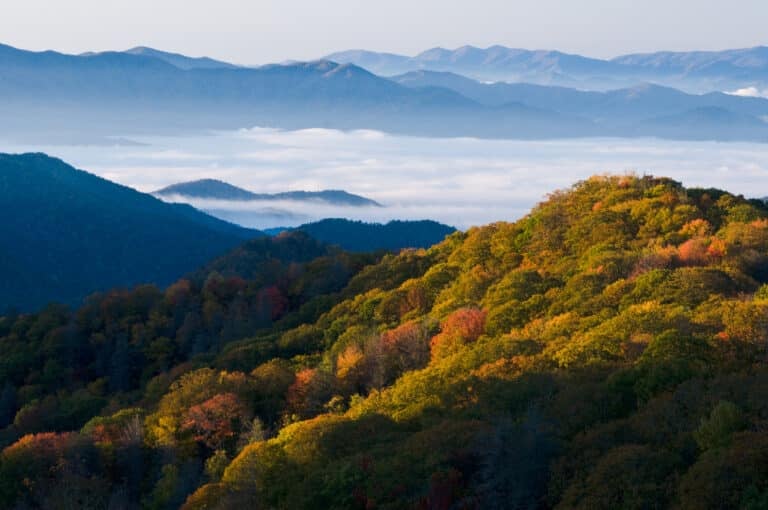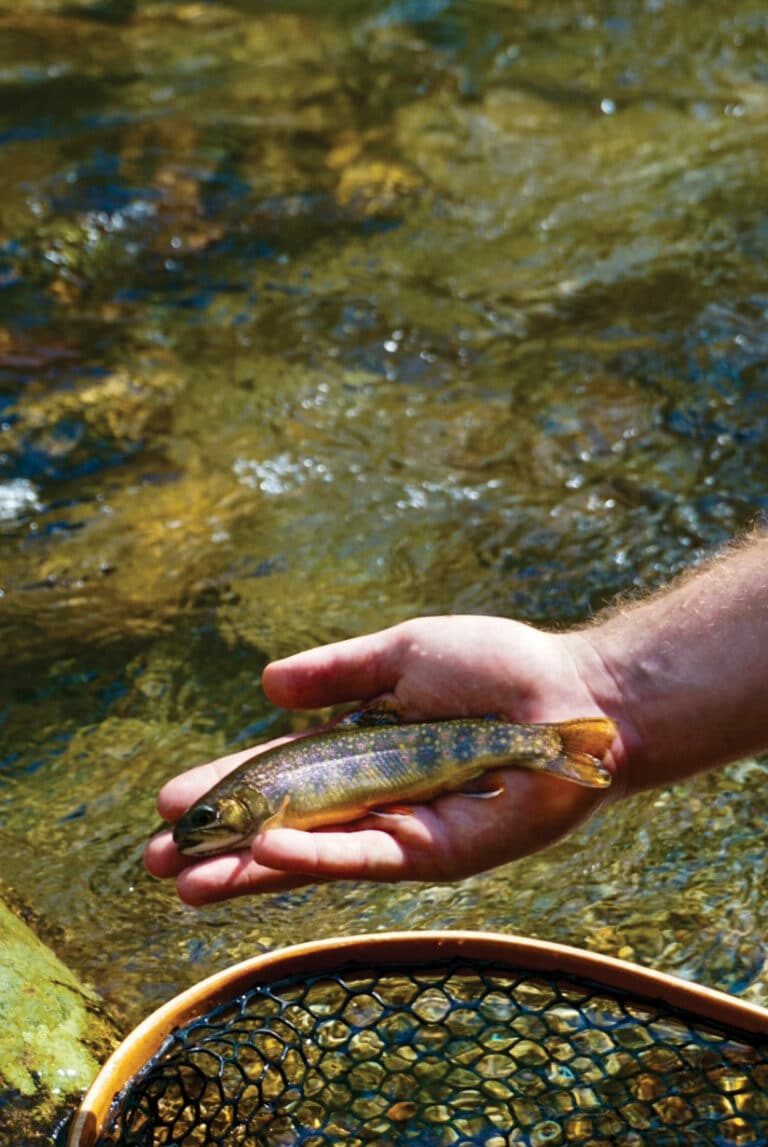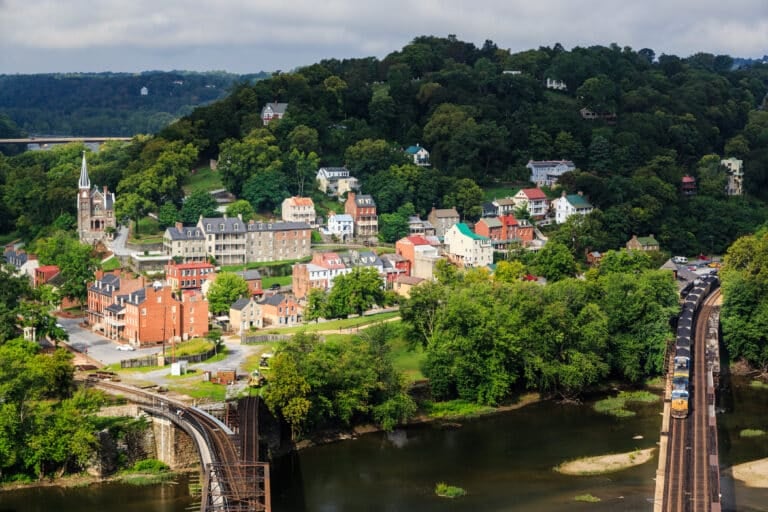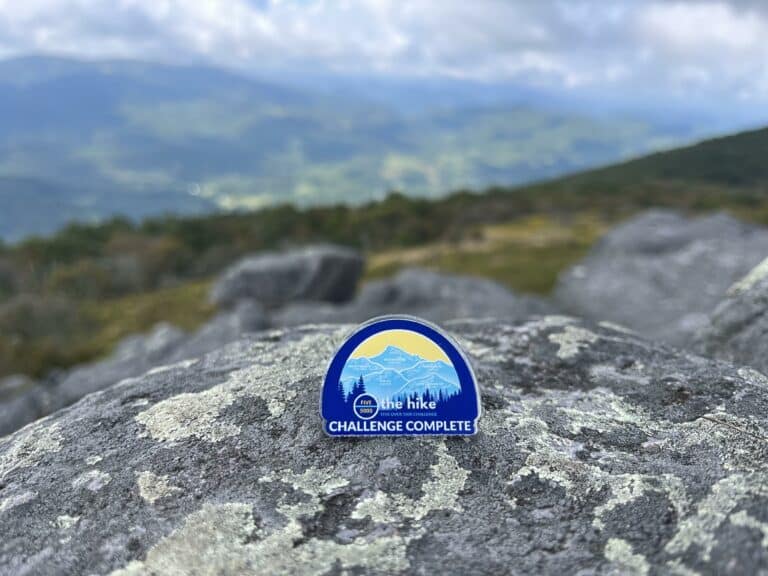What are your initial thoughts on hemp? A favorite pair of shoes? Dreadlocked hippies with woven necklaces? Granola?
While all of these things may come to mind, the recent beginnings of industrial hemp production in the United States should bring a foray of other topics to the forefront of your thoughts. Hemp is going through a revival, both as an alternative to harmful industrial processes and as a medicinal herb.
It’s all Cannabis.
Marijuana, the THC-filled champion of modern drug culture, has always had a place in the outdoor-enthusiasts first-aid kit, however, legitimate science is beginning to back up the importance of this plant to every facet of our culture. Marijuana, and hemp, are part of the flowering genus of Cannabis. And although the names are synonymous, what we consider hemp has been cultivated since the beginning of plant domestication, selectively bred for long, straight stalks, ideal for fiber cultivation. While marijuana, the bushy short-growing relative, has made its mark as a non-addictive, natural-healer, demonized by the DEA for decades, fortunately, attitudes and laws are changing for both members of this genus and the future of their cultivation looks bright.
As a fiber alone, industrial hemp has more uses than most plants. Clothing, rope, biodegradable plastic, and Styrofoam alternatives, building materials, and paper are just a short list. In addition, research is being done that shows potential for hemp as an efficient bio-fuel, food source, soil remediation base, and all-around environmental savior.
As outdoor enthusiasts we are in a unique spot to influence the future of hemp and other sustainability initiatives.
We look for quality in every product we buy. We will pay more for a superior product and, as consumers, we are part of a forward-thinking bunch of early-adopters. It’s no surprise that the companies that serve our demographic follow the same pattern and have re-defined entire industries. Patagonia, a premier outdoor garment manufacturers in the world, is also a pioneer in socially-responsible business practices. Recognizing the advantages of hemp has driven them to add hemp products for men and women like the Men’s Hemp Overstone Pant and Women’s Island Hemp Crossover Dress.
Prana has also been at the forefront of embracing hemp, continually adding hemp blended garments to their clothing lines, active and casual-wear alike. Top-selling examples of these include the Women’s Linea Pant and Men’s Sutra Slim Shirt.
Consumers will drive the environmental movements of the future.
Famed as an outdoor brand and environmental advocate, Patagonia, has been producing hemp clothing from fabric grown and processed in China. They, like most other manufacturers, would prefer to buy the material from U.S. producers but the supply chain for hemp is nearly non-existent compared to the rest of the developed world. Patagonia will continue to purchase this fabric from sustainable farmers and factories around the world and sell them in major markets to help more consumers see the importance of hemp in the environmental story unfolding in our generation.
A quick anthropological look at the history of ancient civilizations will show a rapid decline in human populations as natural resources run out. A famous example is the Rapa Nui civilization of Easter Island who cut down forests to sustain rapid population growth and ultimately deforested all of their precious natural resource, leading to their own demise.
Hemp provides a different ending – its potential has barely been realized by even the most advanced producers and its benefits as a crop are immediate.
Generations of fossil fuel dependency has humans living the least sustainable lives in history, so much so that it has become ubiquitous with the human condition. The rate at which the consumer culture devours these precious resources has become astonishing, albeit quite commonplace, throughout the world. In truth it’s built into every facet of humanity. It’s easy to recognize the amount of petroleum you use – heck, every time you’re at the pump the receipt is all too truthful, but do you stop to consider that every light you turn on, every piece of clothing you wear, every piece of packaging you pitch, every book you read, and damn near every decision you make pulls from a gamut of limited resources?
Hemp provides a renewable, biodegradable alternative to many of these consumer-driven habits.
Compassion for humanity and the environment are the driving forces in the yet-to-be-decided hemp debate but its benefits reach far beyond what we need. Fashion designers, food connoisseurs, engine nerds, and laissez-faire farmers are touting the accolades of this green gold while consumers reap the benefits of their work with this plant. Having a similar texture to linen (produced from flax, a cousin of cannabis), hemp can be used effectively in bedding and clothing, producing durable and luxurious products with a more sustainable business model. But yet, the U.S. still imports nearly all of this raw material.
The United States has always been a leader in consumerism and industrialism. With evidence of an uncertain environmental future and concern for the economic prosperity of our youngest generations, looming just beyond this century, we are faced with a decision. Do we continue the unsustainable pattern of growth and consumption, or invest time and resources into sustainable practices in every facet of our culture? If you care about yourself, your children, and the future of this beautiful planet then the choice is obvious and hemp will be the driving force.
Two of America’s favorite presidents, Washington and Jefferson, were proponents of hemp and sung its praises as it grew in their fields at Mount Vernon and Monticello, respectively. They proved that Virginia, really the entire region, is an optimal climate for cultivating Cannabis and was the heart of colonial agriculture that produced hemp through the First World War. Back then it was used mostly for clothing, rope, ship sails and other textiles. Knowing what we know today about this plant, it’s infuriating that we lost nearly 80 years of crops.
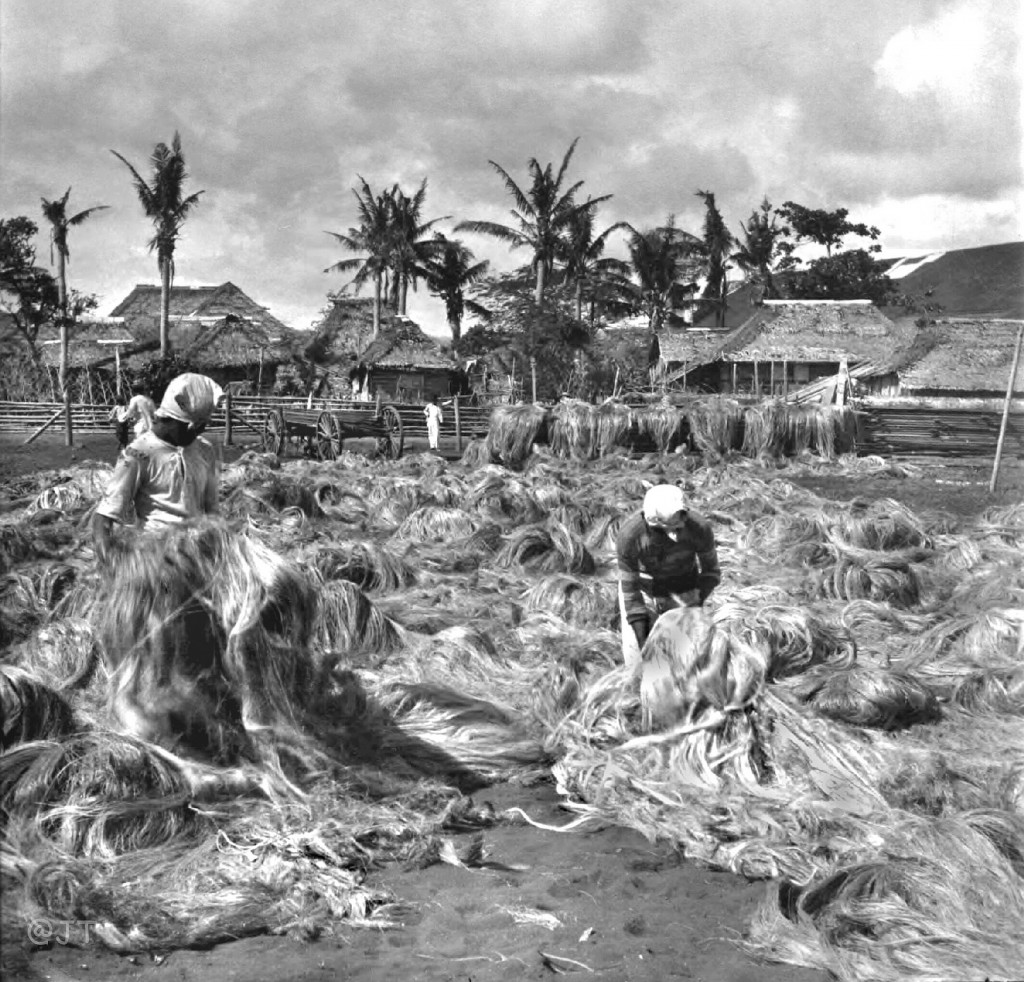
It’s what Doug Fine, in his book Hemp Bound, calls the next agricultural revolution.
Having more than 10,000 years of human cultivation under its belt, hemp is positioned to make a major comeback after being nearly eradicated from American soil and banned from our shelves for the better part of a century. And while the federal government plays catch-up on antiquated laws, the rest of the industrialized world has seasons of yields that they’ve learned, and profited, from. Luckily, nearly half of the U.S. states have already passed legislation to differentiate industrial hemp from marijuana in the eyes of the law, while instituting research programs to re-learn what we’ve forgot about hemp in the last 80 years. Here in Appalachia, Kentucky seems to be leading the charge but Tennessee, South Carolina, West Virginia, and Maryland are close behind.
Virginia and North Carolina need to be next.
Nestled in the foothills of the Blue Ridge, the first chapter of the Virginia Industrial Hemp Coalition (VIHC) has been educating the public on this important issue since 2012. The group meets regularly to discuss ways to further their mission and this year marks a major breakthrough – Virginia House Bill No. 1277, Amending the Virginia Farming Act to allow hemp cultivation for research purposes, is on the floor. Jason Amatucci, Founder and Executive Director of the VIHC, worked with Delegate Joseph R. Yost to help draft the bill. Amatucci says,
“2014 has been a very positive year for hemp legislation. The 2014 Farm Bill which was signed into law in February allowed for individual states to conduct research via universities and state agriculture departments for growing industrial hemp. Our neighbor Kentucky had a successful season of growing hemp crops this year. Also this year an amendment passed and was signed into law that effects the budget of the DOJ and DEA and strikes any interference those agencies may have in regards to these state hemp programs. In other words, the Feds have to be hands off state hemp programs moving forward. That means no more playing games with hemp seed importations or harassing hemp farmers who are playing by the rules. 2015 is poised to be a big year for industrial hemp in Virginia as we have the Virginia Industrial Hemp Farming Act (Bill #1277) up on deck. The VIHC worked with Delegate Yost from the Blacksburg area to draft the bill. A vote on the bill is likely late January or early February in the 2015 General Assembly session. We need Virginians right now to call, write or email their State Delegates and State Senators to ask them to co-sponsor or support this bill. Check out www.vahemp.org for more information.”
– Jason Amatucci
Although there’s a long road ahead before planting Virginia farms with varieties of industrial hemp, this is a major step in the right direction.
Not only can hemp replace many petro-industrial products, but it will revitalize the soil in our fields. Hemp is considered a carbon negative crop because it removes more CO2 (greenhouse gas) from the atmosphere than other plants, often offsetting the amount of carbon emitted in its cultivation and harvest. Its roots work deep into the soil in a short period of time to support its tall stalk and aggressive growth habits. In addition to fixing nitrogen levels and loosening compacted, damaged soil in the process, hemp is a positive addition to any farmer’s rotation.
Last, but certainly not the least, hemp holds the closest thing to a fountain of youth known to man. Carrying the elite status of a complete protein, hemp seeds (often referred to as hearts after the shell is removed) have the most concentrated balance of proteins, essential fats, vitamins, and enzymes while being naturally low in sugars, starches, and saturated fats. These facts make it one of nature’s near-perfect food sources and that alone is enough of a reason to legalize and encourage its rapid, widespread cultivation.
The history of agriculture in this country has proven that farmers must work in a symbiotic relationship with the fields they plant in. Hemp offers a crop that will reinvigorate farmers with sustainable opportunity throughout the region. Laws have already begun to change on a national level due largely to the efforts of individual states.
So, what can we do?
Educate others. Pass along your newfound knowledge, soon to become passionate obsession, to friends and family – especially those outdoorsy types who have children.
Use your buying power. Choose hemp, local, and sustainable products whenever possible. Also pay attention to the types of packaging, and how much of it, the products you buy incorporate. As consumers, our dollars speak volumes and that has a big impact on Wall Street and in Washington.
Voice your opinion. Blog about it and call your government representatives and let them know how you feel about this important issue. Legislation will be hitting the floor in the VA General Assembly during early January (VA House Bill No. 1277) and we could be poised to have seeds imported in time for spring plantings.
Sow your seed. Are you a landowner or have access to farmable property? If so, sow the agricultural revolution with your own two hands. The Cannabis family is colloquially called weed for a reason; because that’s how it grows. Hemp is a low-maintenance crop that requires very little irrigation and little to no pesticides while producing higher yields per-acre than nearly every other crop. U.S. states that have legalized hemp spend some time in a research phase in which you must apply for a permit or licensure from the state commissioner. Once the research phase is complete, and varieties of hemp are bred for cultivation in your region, then widespread commercial production will open to the public.
That is unless the Federal Government lifts the ridiculous marijuana prohibition laws first – in which case our right to grow this divine plant could be fully restored!
Get involved. Join the Virginia Industrial Hemp Coalition and other local organizations that promote a sustainable future. Involvement in these organizations helps to spread awareness at the grass-roots level, educating the populace and acting as a liaison to elected officials. Check out their Facebook page here to stay up-to-date with Virginia’s decision.
